Government Study Highlights Third-Party Seller Counterfeit Risk

A recent study by the US Government Accountability Office (GAO) confirmed that consumers who buy from third-party sellers on major online e-commerce websites risk ending up with counterfeit products.
Although no knives were included in the GOA investigation, they report that more than 40% of purchases made through third-party sellers on sites like Amazon, WalMart, eBay, and Sears turned out to be counterfeit. Amazon, the largest online retailer in the U.S., has more than 3,000,000 such third party entities participating in their Marketplace, including many who peddle knives. Sales through the Marketplace make up nearly half of Amazon’s total business.
According to industry watchdog The Counterfeit Report, “Amazon’s 13 global websites operate under a huge legal loophole, virtually immune to prosecution, IP laws and safety standards. The foreign sellers are difficult to identify and escape liability.” The glut of sellers and inconsistency of product listings make it hard to discern fake from genuine products. “Amazon also utilizes a crafty approach to avoid removing reported counterfeit listings claiming ‘Your trademark must be in registered status in [each country the item is sold in],’ ignoring their own counterfeit policy,” The Counterfeit Report points out.
In some cases, Amazon does remove reported listings, but that doesn’t stop spurious sellers from making new accounts and continuing as before. According to The Counterfeit Report, with its open door policy, Amazon emulates the notorious eCommerce outlet Alibaba, which has been on the Office of the United States Trade Representative’s Notorious Markets List multiple times, most recently in 2017.
Other products are shipped from and sold by Amazon directly. Buyers often assume these products are the real thing, but in 2016, Apple found that 90% of chargers it purchased directly from Amazon, using official Apple imagery on the product listings, were fake and even dangerous. As early as 2015, Spyderco said they could not authenticate or otherwise guarantee the genuineness of any knife purchased from Amazon “due to their practice of co-mingling inventory with their 3rd party marketplace vendors.”
Some brands like Real Steel and Kizer’s Tangram operate official Amazon Marketplace storefronts, so customers who wish to buy from Amazon know they are receiving product directly from the manufacturer. But, if you want to reduce the risk of ending up with counterfeit knives, your best option is to buy from a reputable knife dealer.


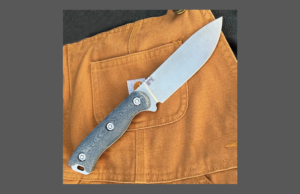
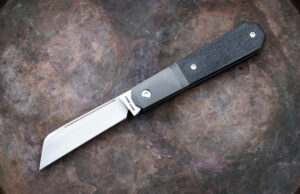
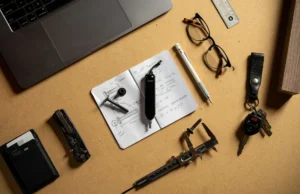







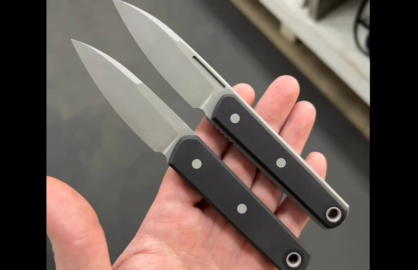
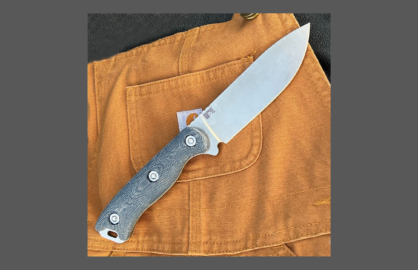
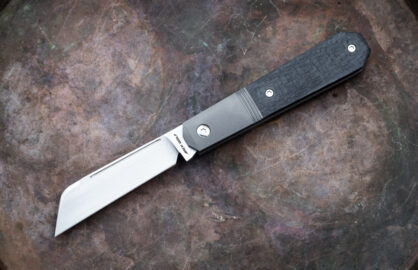
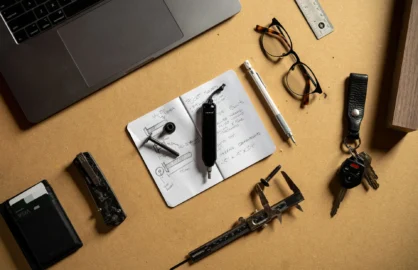

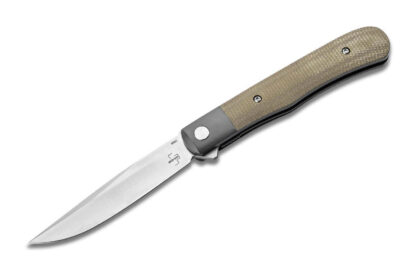



0 comments